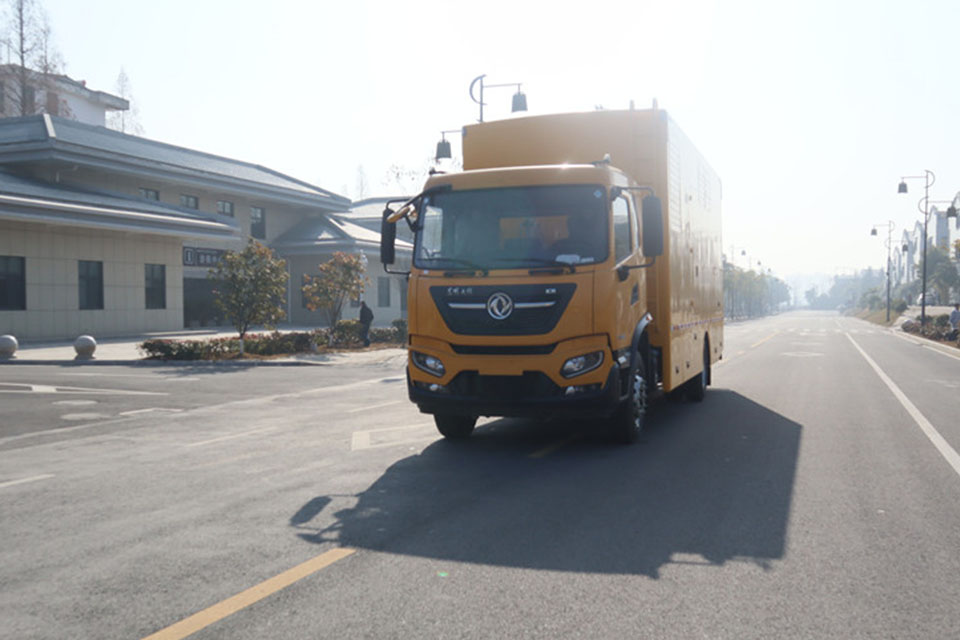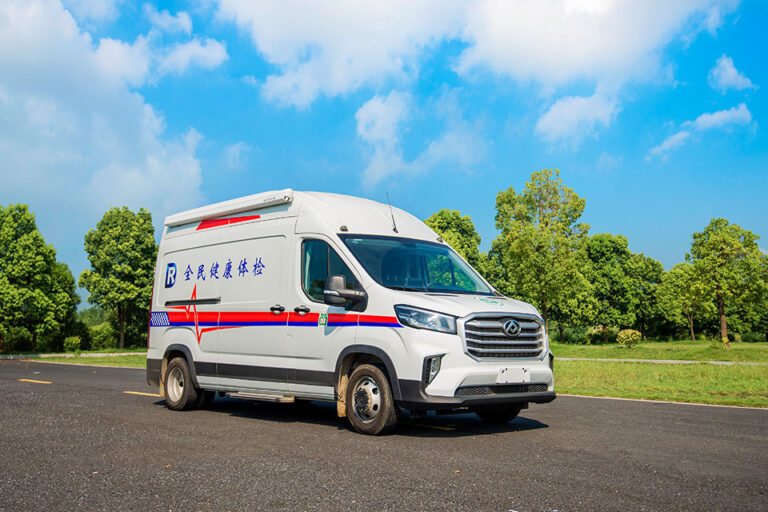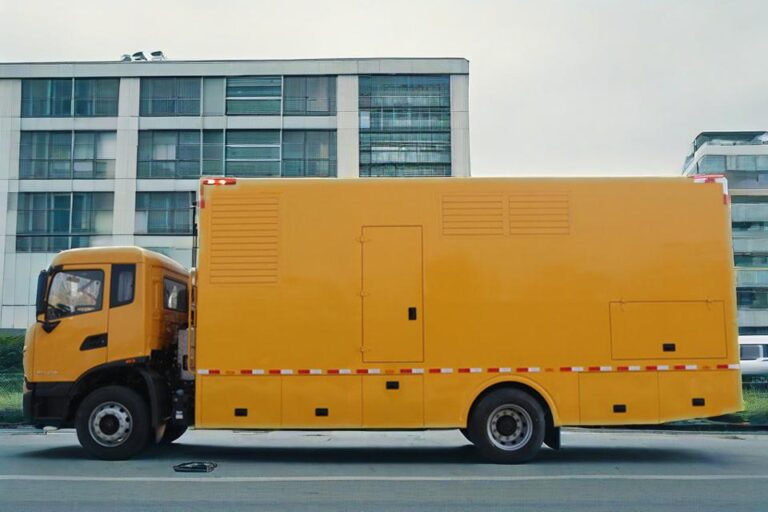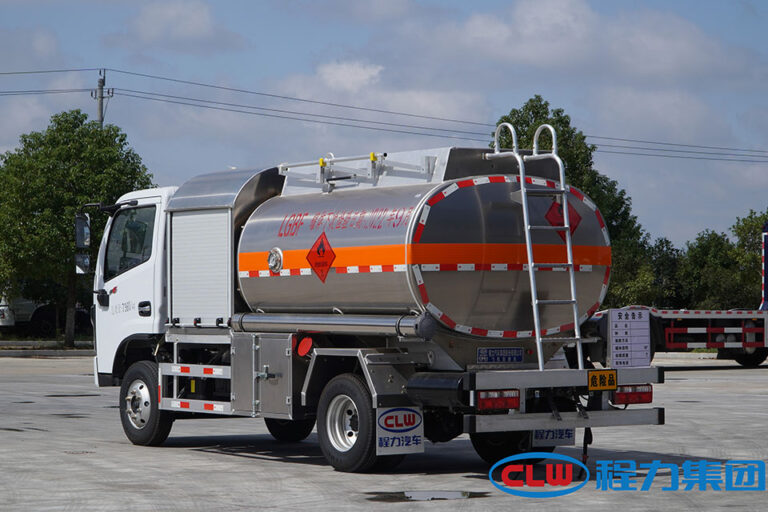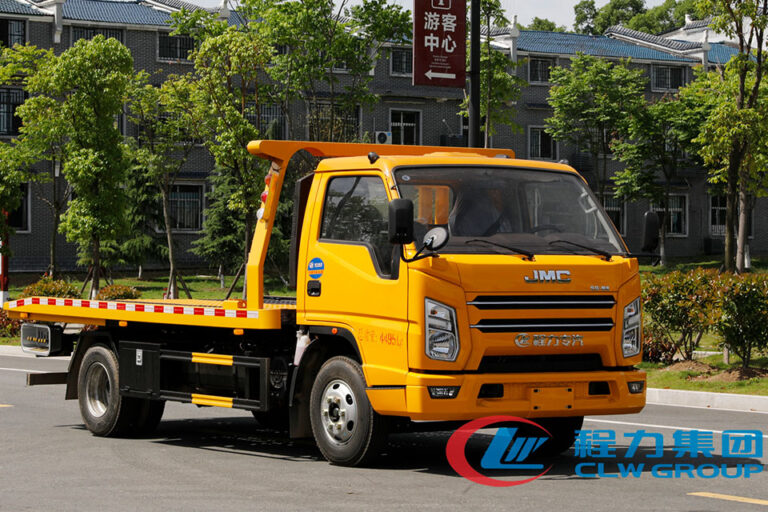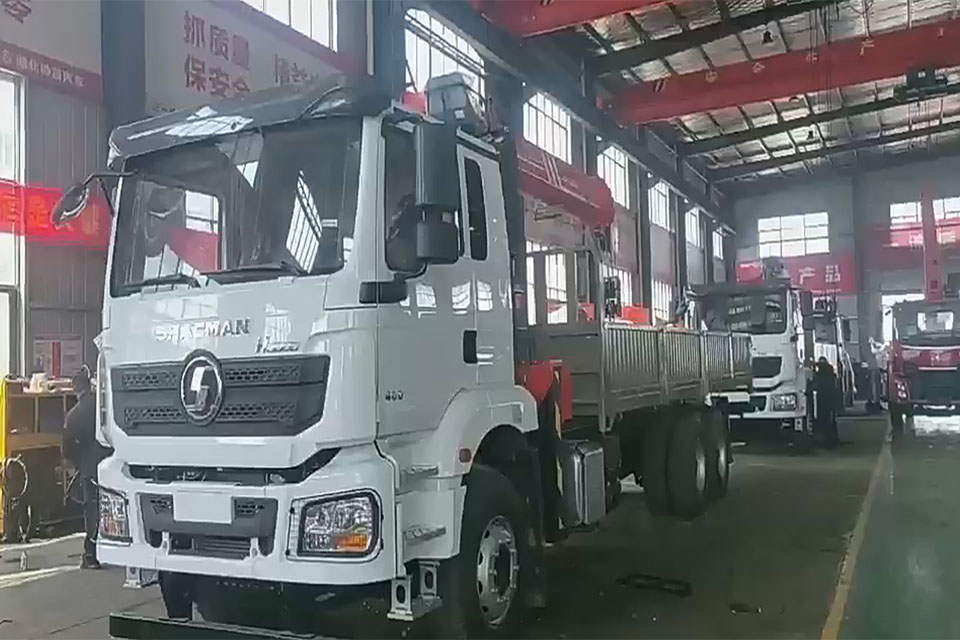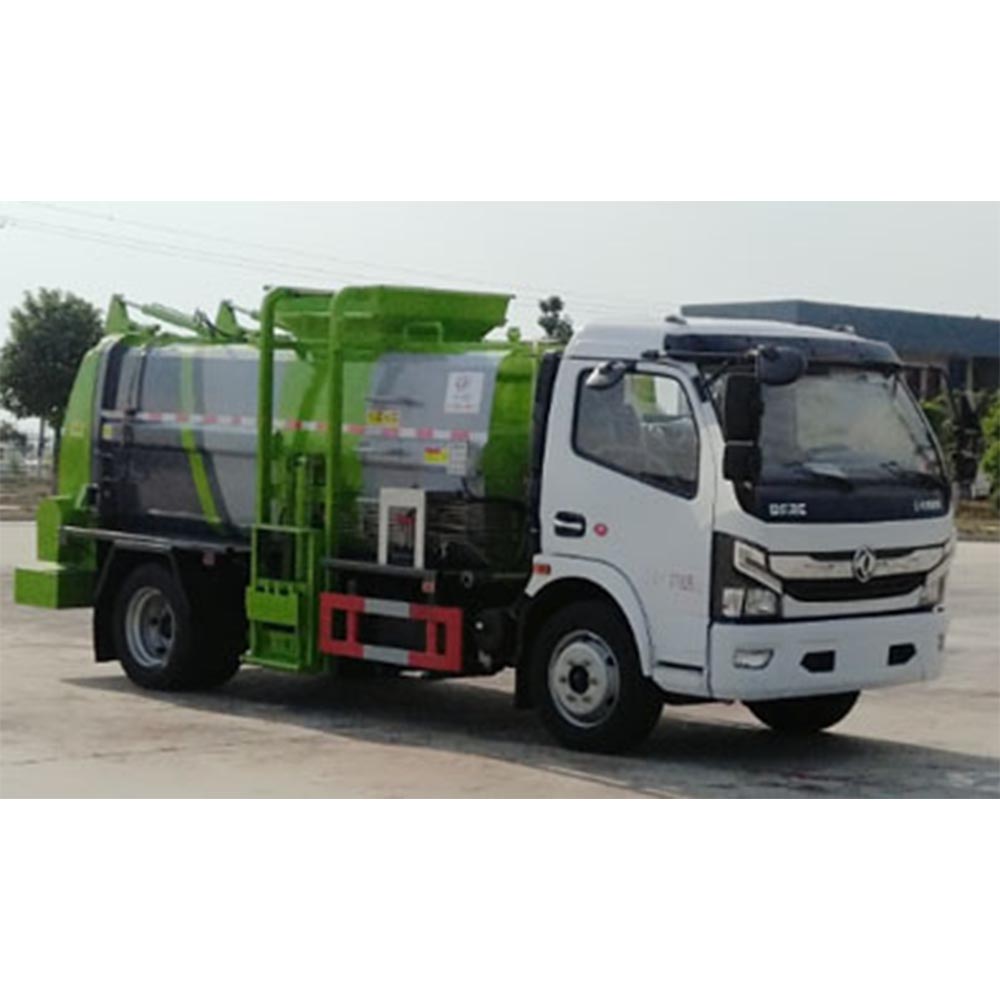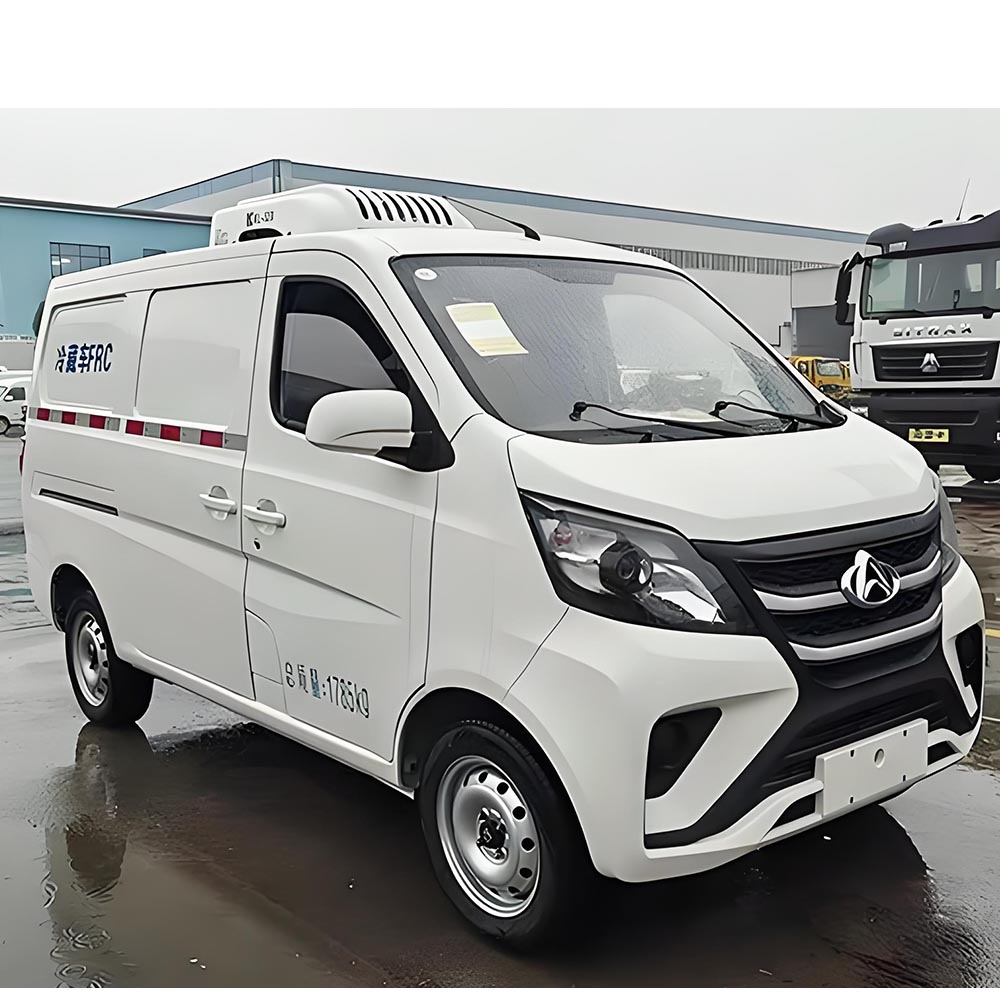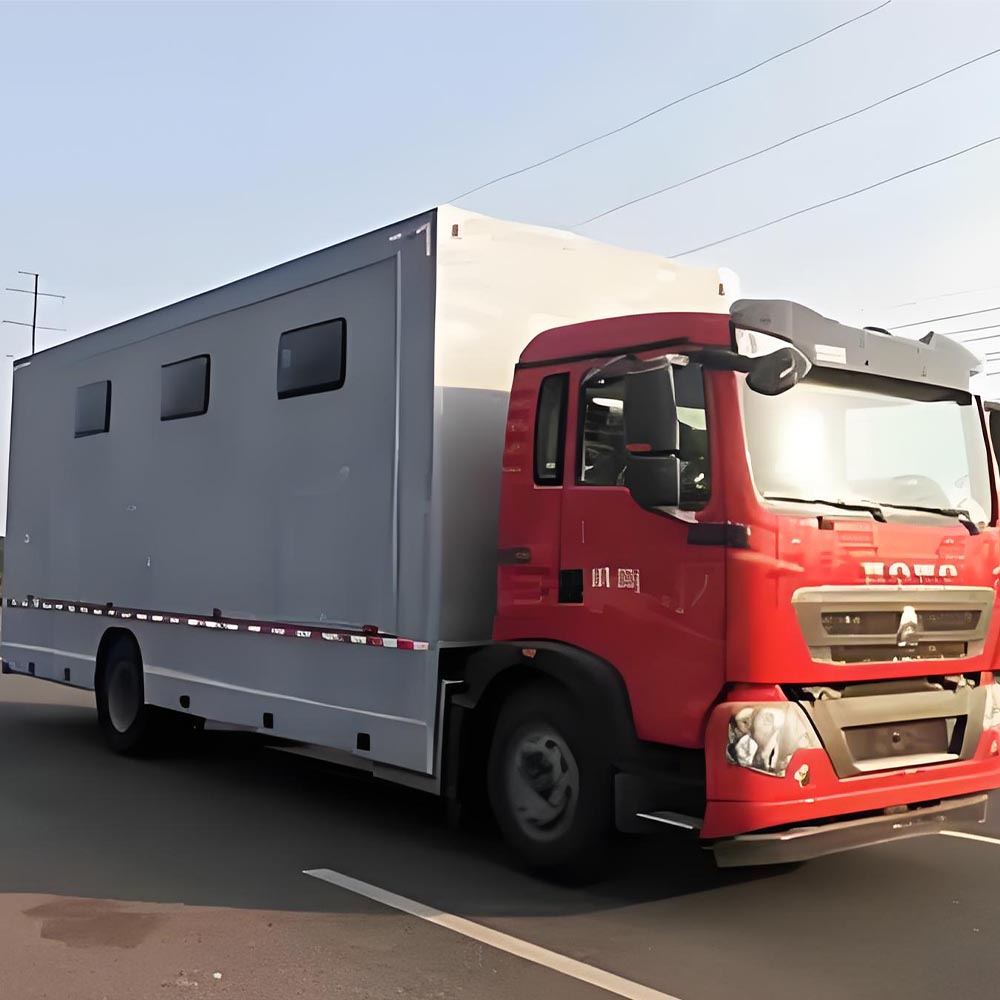-
Chengli Automobile Industry Park
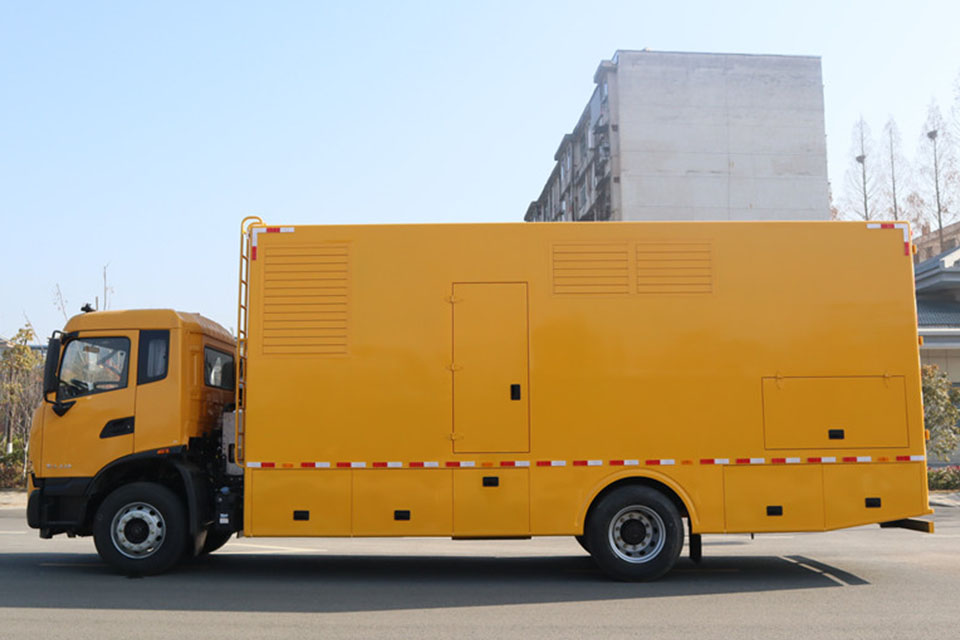
What are the pros and cons of portable power stations for emergency backup?
Portable Power Stations for Emergency Backup: The Good and The Bad
When the lights go out, you need help fast. Portable power stations can save the day. Let’s look at what makes them good or bad for when you need backup power.
Table of Contents
What is a Portable Power Station?
A portable power station is a big box with a battery inside. It stores power so you can use it when your home has no power. Think of it like a very big phone charger, but for your whole house!
Portable Power Stations: Pros and Cons
Key Features
Pros and Cons
Pros
- Safe for indoor use.
- Quiet operation.
- No fuel storage required.
- Multiple charging options.
- Long lifespan with LiFePO4 batteries.
Cons
- Higher initial cost.
- Lower delivered power than stated.
- Limited runtime for large appliances.
- Long recharge times.
Cost Comparison Over 10 Years
The Good Things About Portable Power Stations
1. You Can Use Them Inside Your Home
Portable power stations are safe to use in your home. Unlike gas generators that make bad air, these don’t make any smoke. You can put them right in your living room with no risk.
This is why many folks pick them for Emergency Medical Services needs, where clean air is a must.
2. They Make No Noise
When you use a portable power station, it stays quiet. This is great if:
- You need to sleep
- You live in a place with noise rules
- You don’t want to bug your neighbors
3. They Don’t Need Gas or Fuel
With portable power stations, you don’t need to:
- Store gas
- Go out in a storm to get fuel
- Worry about old gas going bad
You just plug them in to charge before a storm comes. Some can even use the sun for power.
4. They Have Many Ways to Charge
Most portable power stations can charge from:
- Wall plugs
- Car plugs
- Solar panels
- Some can even use Mobile Emergency Power Trucks for charging
The EF ECOFLOW DELTA Pro gives you five ways to charge, even from EV stations!
5. They Last a Long Time With New Tech
The best portable power stations use LiFePO4 batteries that can:
- Work for up to 10 years
- Charge over 3,500 times
- Save you $1,200 over time compared to old battery types
The Not-So-Good Things
1. They Cost More at First
Portable power stations cost more to buy than gas generators:
| Type | Cost |
|---|---|
| Portable Power Station | About $0.80 per Wh |
| Gas Generator | About $0.06 per W |
A good power station might cost $1,000-$3,500 up front.
2. They Have Less Power Than You Think
When tested, most portable power stations only give about 77% of the power they claim.
For example, if you buy a 1000Wh unit, you might only get 770Wh of real power.
3. They Can’t Run Big Things for Long
Most portable power stations struggle with:
- Air conditioners
- Large heaters
- Full-size refrigerators for more than a day
The BLUETTI AC200P (2000Wh) can run an air conditioner for just 1.2 hours.
4. They Take Time to Charge
Even the fast ones need more time than filling a gas tank:
- EcoFlow DELTA 2: 1.7 hours to full charge
- Gas generator: 5 minutes to fill tank
This can be a problem if you need power right away.
Real-Life Test Results
Here’s what happens when people test portable power stations for real jobs:
| Power Station | Task | How Long It Lasted |
|---|---|---|
| EcoFlow DELTA Pro | Running CPAP machine | 72 hours during hurricane |
| BLUETTI AC200P | Running fridge + microwave + phone | 4 hours with all at once |
| Anker SOLIX C1000 | Running 380W device | Used only 68% of claimed power |
Who Should Get a Portable Power Station?
Portable power stations are best for:
- People who need medical devices
- For CPAP machines, oxygen pumps, etc.
- The EF ECOFLOW DELTA Pro with its 3600Wh is great for this
- People who want clean, quiet power
- For indoor use
- For night use when sleeping
- People who can plan ahead
- You must charge them before storms
- Best with solar panels for long outages
- People who need to power small things
- Phones, laptops, lights, fans, TV
- Small fridges
Who Should NOT Get a Portable Power Station?
These folks should look at other options:
- People who need to run big air conditioners
- Most units can’t handle this for long
- Look at Battery-Powered Trucks with bigger systems instead
- People who need weeks of power
- Even big units will run out in days
- Better to check out Material Handling Vehicles with generator options
- People who can’t charge ahead of time
- If you can’t plan, gas might be better
Top Portable Power Stations for 2025
Based on tests and real use, these are the best picks:
- EcoFlow DELTA Pro (3600Wh)
- Can run up to 7200W with X-Boost
- Five ways to charge
- Best for whole-house basic needs
- BLUETTI AC200P (2000Wh)
- Handles multiple things at once
- Good for small home needs
- EF ECOFLOW DELTA Pro 3 (4000Wh)
- Can grow up to 48kWh
- Runs both 120V and 240V
- Best for big power needs
How to Pick the Right Size
To know what size you need:
- List all the things you need to power
- Find out how many watts each uses
- Think about how many hours you need them
- Add some extra (30%) for safety
Here’s a simple chart:
| What You Need | Small Station<br>(500-1000Wh) | Medium Station<br>(1500-2500Wh) | Large Station<br>(3000Wh+) |
|---|---|---|---|
| Phone + Lights | 2-3 days | 5-7 days | 10+ days |
| + Small Fridge | 6-10 hours | 1-2 days | 3-4 days |
| + CPAP Machine | 1-2 nights | 3-5 nights | 7+ nights |
| + TV | Not good | 5-10 hours | 15-20 hours |
| Air Conditioner | No | 1-2 hours | 3-5 hours |
Cost Over 10 Years
When you add all costs over 10 years:
| Type | 10-Year Cost |
|---|---|
| Portable Power Station | $3,500 (unit + solar panels) |
| Gas Generator | $5,200 (unit + fuel + fixes) |
So while portable power stations cost more up front, they can save money in the long run.
Tips for Using Portable Power Stations
- Keep it charged
- Don’t let it sit empty for months
- Charge it before storms come
- Get solar panels
- Even small ones help in long outages
- Keep them clean to work best
- Know what to run first
- Food and meds in the fridge
- Phones for safety calls
- Medical gear
- Lights (use LED only)
- Don’t waste power
- Use one room
- Turn off what you don’t need
- Use power-save modes
In Sum: Are They Worth It?
Portable power stations are good for many but not all:
- YES if you need clean, quiet, low-power backup
- NO if you need weeks of power or big air conditioning
When bad weather comes, the best tool is the one that fits your needs and that you know how to use!
